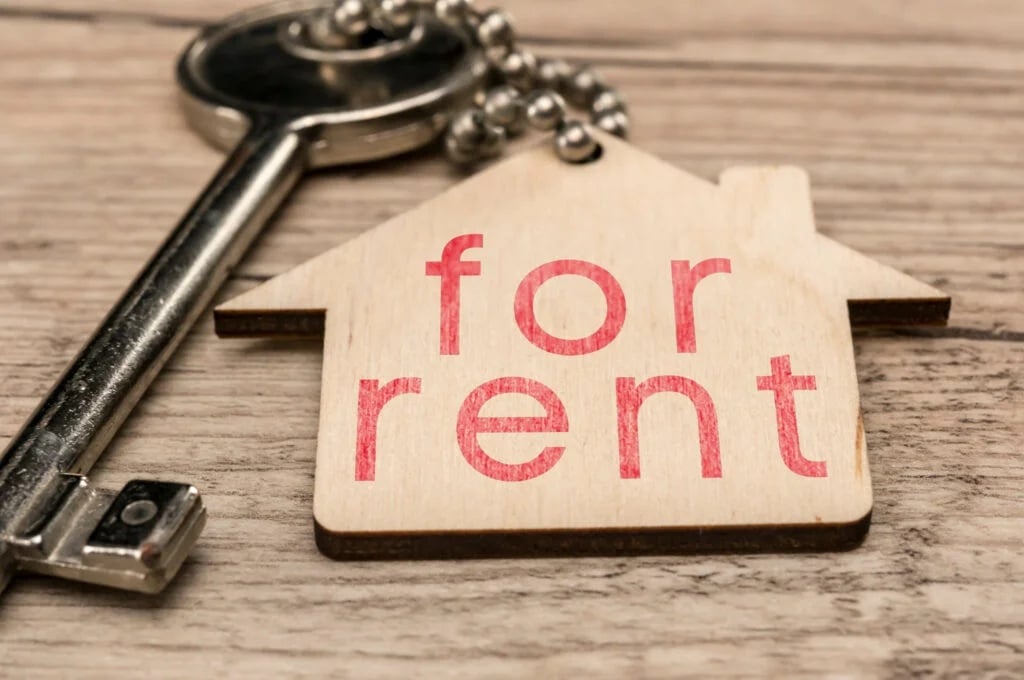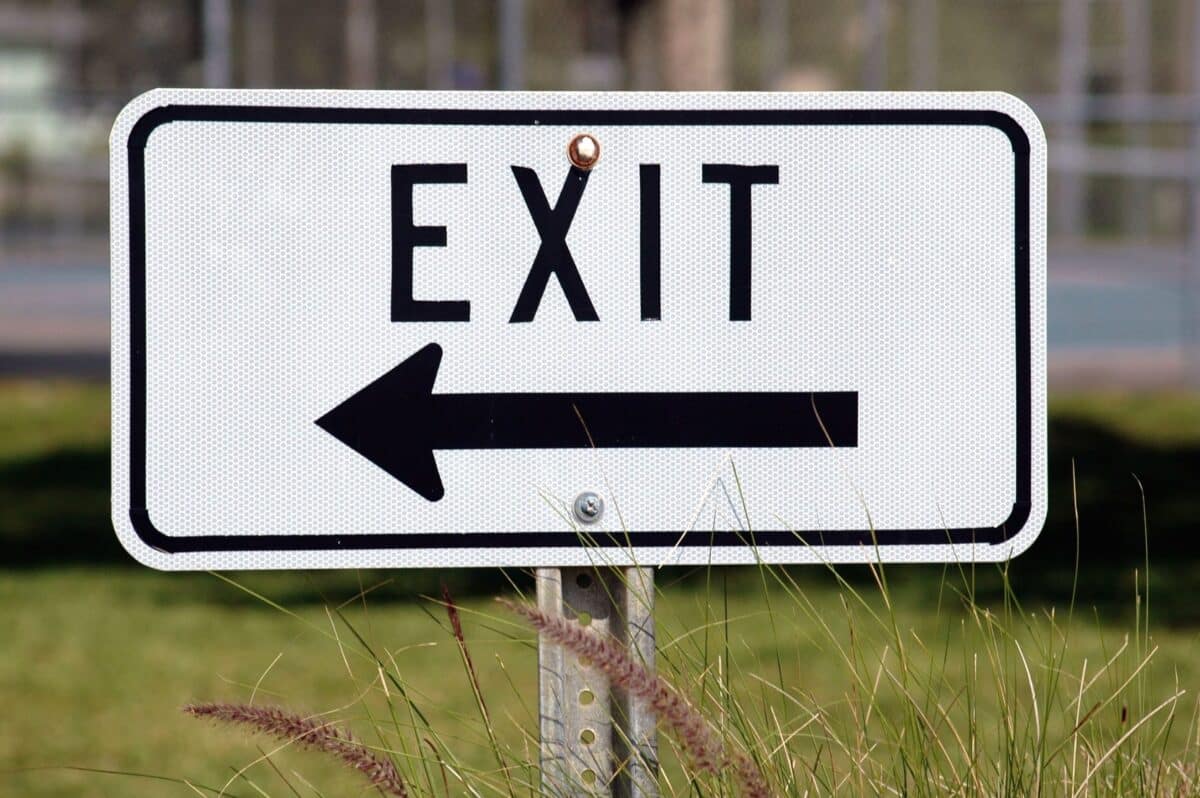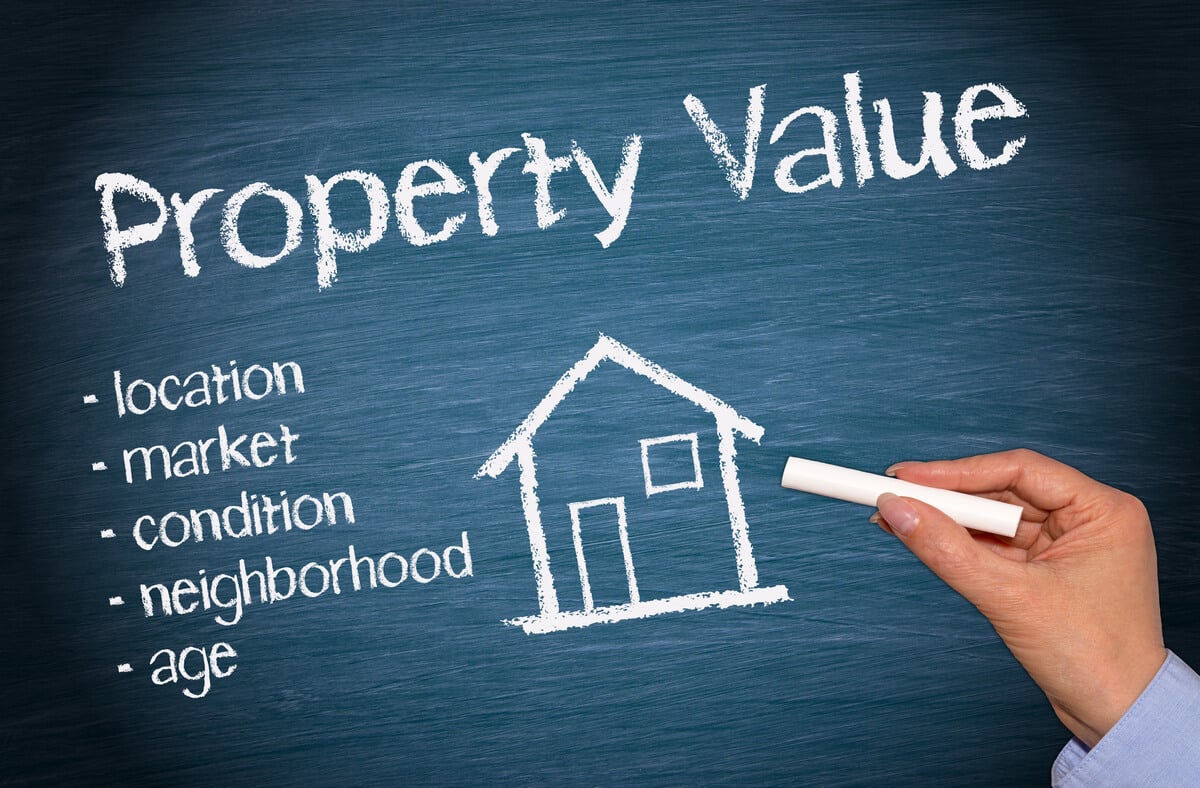Buying Pre-Construction: What are Deposit Structures?

So, you’ve found the perfect pre-construction condo in Toronto. The floor plan is just right, the location is ideal, and the finishes are just what you wanted. You’re ready to take the next step. But what does that actually look like?
That next step usually involves something called a deposit structure, and it’s one of the most important things to understand for buying pre-construction condos. Knowing how pre-construction payment plans work can make a lot of difference in your ability to make the right financial choices. So let’s break it down.
What is a Pre-Construction Deposit?
A pre-construction condo deposit structure is the initial financial commitment you make when purchasing a home that hasn’t been built yet. So you’re basically saying, “I’m serious about this purchase and I want to lock in the price.”
One of the main differences between pre-construction vs. resale condos is that when you’re buying a home on the resale market, you might need to provide a full down payment right away. But for pre-constructions, work a bit differently. You’ll typically pay your deposit in installments over time, based on a schedule that you sign with the builder at the beginning.
These deposits are usually applied toward your final purchase price. So if you’re buying a unit for $600,000 and the total deposit is 20%, you’ll be putting down $120,000 in staged payments. Once the condo is complete and ready to close, that deposit becomes part of your overall down payment or equity.
The deposit serves another critical purpose as well. It secures your contract with the developer. Without it, you don’t have a legally binding agreement. This is why it’s one of the very first things you’ll deal with after signing your Agreement of Purchase and Sale (or SPA).
Now, let’s see how it actually works:
How Deposit Structures Work
When you’re deciding between pre-construction and resale condos, handling the deposit can be a game-changer. In a typical resale transaction, you’re expected to come up with your full down payment—usually 20%—all at once. It’s a lot of money, and it’s due quickly.
In a pre-construction purchase, you’ll have a new condo deposit schedule or payment plan. Developers break the deposit into smaller chunks and spread them out over time. Instead of needing tens of thousands upfront, you might only pay 5% on signing, then another 5% a few months later, and so on.
The total deposit amount is usually between 15% and 20% of the purchase price, though this can vary slightly by project or builder. On top of that, some developers offer limited-time promotions during the early construction phase, so you might actually need 5% or 10% down payment.
For the developer, this staged payment structure can help fund the construction at least partially. For you, the buyer, there are lots of advantages that we’ll explain below:

Key Advantages of Pre-Construction Deposit Structures
There’s a reason why so many buyers are drawn to pre-construction condos, and it’s not just about getting a brand-new unit. The deposit structure itself offers several advantages that can make entering the market more manageable, especially if you’re a first-time home buyer.
1. More time to save and budget
Because you’re not paying your full deposit at once, you have time to plan and spread out your payments over months (sometimes even years). That breathing room can be a game changer, especially for first-time buyers.
2. Lower upfront financial commitment
Getting into real estate with just 5% or 10% down is a huge draw, particularly in high-demand markets where saving a full 20% deposit upfront can take years.
3. Legal deposit protection
In Ontario, your deposit is legally protected by laws and trust structures that safeguard your money, even if something goes wrong with the project.
4. Easier path into investing
If you’re an investor, the staged deposit gives you time to manage other assets or projects while securing a property that could appreciate significantly before it’s even built.
5. Flexibility and peace of mind
The structure gives you a predictable roadmap of when payments are due, allowing you to plan with confidence. And the protections in place help reduce the risk involved with buying something that doesn’t exist yet.
Basic vs. Extended Deposit Structures
Not all projects follow the same payment timeline. Some stick to a simpler schedule, while others stretch the payments over a longer period, sometimes even years. Here’s what both types typically look like, with real-world examples to show the difference.
Basic Deposit Structure Example
Park Place Condos is a pre-construction condo development by SmartCentres. Here’s how they’ve done it:
- $10,000 on signing
- Balance to 5% in 30 days
- 5% on Start of Construction
This structure is more straightforward and front-loaded. You’ll complete your deposit fairly early in the construction timeline, which can be ideal if you already have the funds ready to go.
Extended Deposit Structure Example
The Addison Residences is another very popular condo development by ADI Development Group.
- $10,000 on signing
- Balance to 5% in 30 days
- 5% in 90 days
- 2.5% in 360 days
- 2.5% in 540 days
- 5% on Occupancy
As you can see, this extended structure spreads payments over different phases of the pre-construction condo timeline. This gives you more flexibility to plan your finances over the course of a few years, and it’s especially appealing to first-time buyers or those juggling other financial goals.Why does this matter? Because flexibility is key. Some people want to pay quickly and be done with it. Others prefer to take their time. Pre-construction deposit structures give you options, so you can choose the project and payment plan that fits your lifestyle and financial comfort zone.

Is My Deposit Protected?
This is one of the first questions we get from clients. And it’s a genuine concern. When you’re handing over thousands of dollars for a unit that doesn’t even exist, you want to know that your money is safe.
The good news? In Ontario, there are solid protections in place for pre-construction condo deposits. Here are some of the legal protections you can count on:
- 10-Day Cooling-Off Period: After signing a purchase agreement, you get 10 calendar days to reconsider. If you change your mind during this period, you can cancel the deal and get a full refund of your deposit—no penalties, no questions asked.
- Tarion Addendum Protection: Your deposit is covered up to $20,000 through Tarion Warranty Corporation, which helps ensure you’re protected if the builder doesn’t follow through.
- Held in Trust: Deposits are legally required to be held in a trust account, usually with a lawyer or financial institution. That means the builder can’t just spend your money on groceries!
- Additional Insurance for Larger Deposits: If your deposit exceeds $20,000, it may also be protected through third-party insurance, often provided by the builder’s bank or financial partners.
What Happens If the Project Is Cancelled?
If, for some reason, the condo project doesn’t move forward, your deposit must be returned, and it must include interest earned while it was held in trust.
The chances of a project being cancelled are very low, especially in high-demand markets like the GTA, but the protection is there just in case.
Heads-Up for Freehold Buyers
This level of protection doesn’t always apply to freehold homes. In most cases, condo deposits are more strictly regulated and better protected, so keep that in mind if you’re comparing different types of pre-construction properties.
Do I Need a Mortgage Right Away?
Short answer? No. When you buy a pre-construction condo, you don’t need to get a mortgage immediately, because the property isn’t built yet.
Instead, you’ll go through a few key stages:
- Deposit Stage: This is where you make your payments according to the deposit schedule. No mortgage is required at this point.
- Interim Occupancy Period: This is the window where your unit is finished, and you can move in, but the building hasn’t been officially registered as a condo yet. You’ll pay an occupancy fee (like rent) during this time, but still no mortgage.
- Final Closing: Once the building is registered, you’ll need to finalize your mortgage, pay the balance of the purchase price, and officially take ownership of your unit.
Will I Need Pre-Approval?
Even though you don’t need the mortgage right away, most developers will ask for a mortgage pre-approval letter as part of the purchase process. It’s their way of ensuring you’re financially capable of closing when the time comes. Pre-approvals are typically valid for 90–120 days and don’t commit you to a lender, so they’re a low-risk way to show you’re serious.
Read: Guide on Getting a Mortgage in Canada

Final Thoughts
The deposit schedule is designed to give buyers more flexibility and time to get into the real estate market and peace of mind that their investment is legally protected. Unfortunately, that’s not always the case in the resale space.
Understanding the pre-construction condo deposit structure and how it works can help you buy your first home or make your next investment. Does it all feel overwhelming? Worry not! That’s completely normal. It might be your first time navigating pre-construction, but our team has been doing this for over a decade. Reach out anytime! We’re here to guide you every step of the way.
Jatin Gill, an esteemed authority in real estate writing, is celebrated globally for his unparalleled expertise. With over 20 years in the industry, he has authored more than 1,000 SEO-friendly articles covering every facet of real estate. Specializing in pre-construction projects, Jatin's extensive knowledge spans all real estate topics. His content is a go-to resource for anyone seeking comprehensive, insightful, and up-to-date information in the real estate market.
Learn MoreFAQs
It’s usually between 15% and 20% of the purchase price, paid in stages over several months or years.
Sometimes. Developers may offer incentives or more flexible plans, especially during launch periods or slower markets.
Yes. Under Ontario law, deposits must be held in trust and returned with interest if the project is cancelled.
Often, yes. Many builders require a pre-approval letter to ensure you’re a qualified buyer, but the actual mortgage isn’t needed until closing.
You have a 10-day cooling-off period after signing the agreement. During this time, you can cancel and get your full deposit back—no penalties.
Additional Resources















Awards & Achievement










Subscribe for the Latest Condo Deals
Apologies, our subscription list for this month is now full. Please register on our website to secure your spot for next month. Thank you for your interest!

